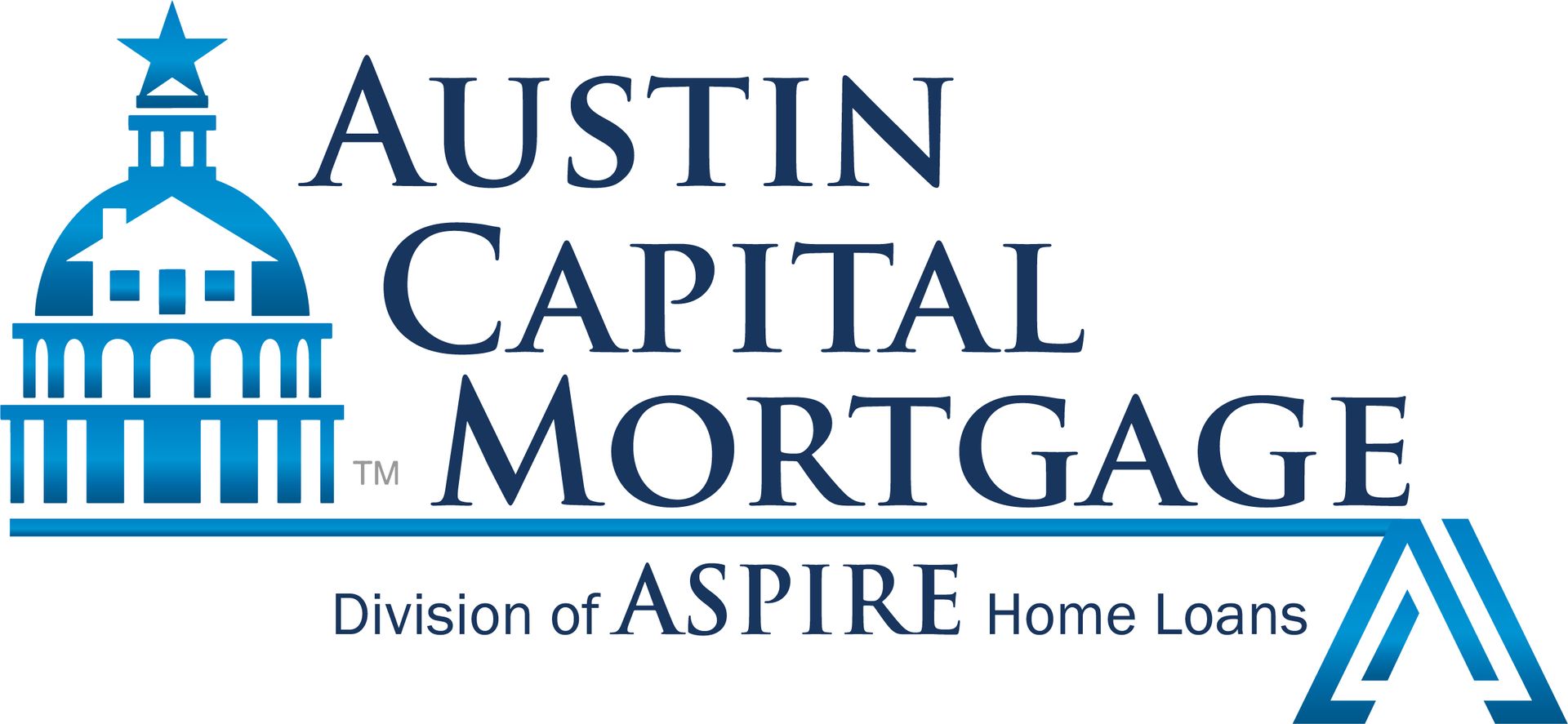Texas Lawmakers Debate Property Tax Cuts: What it Means for You?
Kari Cooper
Texas lawmakers are debating how to use a $3.5 billion budget surplus to reduce property taxes, a hot-button issue that affects homeowners, businesses, and renters across the state.
With Texas already known for its high property taxes and no state income tax, any potential relief is a major concern for residents. However, the House and Senate have proposed different approaches, each with distinct benefits and trade-offs.
This article will break down the key aspects of the property tax proposals, their impact on different groups, and the long-term implications for Texas taxpayers.

Understanding Texas Property Taxes
Before diving into the proposed tax cuts, it's important to understand why property taxes are such a big deal in Texas.
The state has no personal income tax, so local governments rely heavily on property taxes to fund essential services like schools, police, fire departments, and infrastructure.
The bulk of Texas property taxes goes to funding public schools, with additional taxes supporting counties, cities, and special districts.
This structure means that even when home values rise, property tax bills can increase, making homeownership more expensive over time.
The Senate Plan: Bigger Savings for Homeowners
The Texas Senate’s proposal focuses on increasing the homestead exemption, which is the portion of a home’s value that is not taxed.
Under current law, homeowners receive a $100,000 exemption, meaning they are only taxed on the value of their home above this amount.
The Senate wants to increase the homestead exemption to $140,000, which would lower the taxable value of homes and reduce tax bills for homeowners.
How Would It Work?
If your home is worth $350,000, here’s what happens under the proposed Senate plan:
- Current law: You pay property taxes on
$250,000 after the $100,000 exemption.
- New proposal: You pay property taxes on
$210,000 after the $140,000 exemption.
- Estimated savings: The average homeowner would save about
$363 per year.
To offset the lost revenue for schools, the state would use $3 billion from the budget surplus over two years to cover the shortfall.
Who Benefits?
- Homeowners: Those who own and occupy their homes will see direct tax savings.
- Lower-income homeowners: The additional exemption provides more relief to those with lower home values.
Who Doesn’t Benefit?
- Renters: This plan does not provide any direct relief to people who rent homes or apartments.
- Business owners: Commercial properties and rental properties do not receive the homestead exemption, so they would not see a reduction in taxes.
The House Plan: Tax Cuts for All Property Owners
The
Texas House’s proposal takes a different approach by lowering
school property tax rates rather than increasing the homestead exemption. This means that tax reductions would apply to
all property owners, including businesses, landlords, and homeowners.
How Would It Work?
The plan calls for a reduction of
3.31 cents per $100 of property value in school property taxes. Here’s how it would affect property owners:
- For a $500,000 home, this reduction would mean a savings of about
$165 per year.
- The total cost to the state would be around
$1.4 billion per year to cover the lost revenue to school districts.
Who Benefits?
- Homeowners: While they would save less than under the Senate plan, they still get some relief.
- Business owners: Commercial properties, rental properties, and second homes all benefit from the lower tax rates.
- Landlords: Since rental properties are taxed at the same rate as homes, landlords will also see lower tax bills.
Who Doesn’t Benefit as Much?
- Homeowners with lower-value homes: The savings may be smaller than those from the Senate’s homestead exemption increase.
- Renters: While landlords may pay less in taxes, there’s
no guarantee they will lower rents.
What About Renters?
One of the biggest criticisms of both plans is that
renters receive no direct tax relief. In Texas, about
38% of households are renters, meaning a significant portion of the population won’t see a reduction in housing costs.
Landlords may argue that lower property taxes will allow them to keep rent increases lower, but there is no legal requirement to pass those savings on to tenants.
The Long-Term Implications: Can Texas Afford This?
While the current
budget surplus makes these tax cuts possible, some experts worry about
long-term sustainability. The surplus comes from temporary factors like:
- Federal COVID-19 relief funds
- Higher-than-expected sales tax revenue due to inflation
If the Texas economy slows down or sales tax revenue drops, the state may
struggle to fund these tax breaks while still supporting essential services.
Comparing the Two Plans
| Feature | Senate Plan | House Plan |
|---|---|---|
| Main Tax Cut Type | Increases homestead exemption | Lowers school tax rate |
| Who Benefits? | Homeowners | All property owners (including businesses) |
| Estimated Annual Savings | ~$363 for average homeowner | ~$165 for $500,000 home |
| Cost to State | $3 billion over two years | $1.4 billion per year |
What’s Next?
Texas lawmakers will continue debating which plan is best for the state. Some key factors they will consider include:
- Fairness: Should tax cuts focus only on homeowners, or should all property owners benefit?
- Affordability: Can Texas sustain these cuts in future years?
- Economic impact: Will lowering business property taxes encourage job growth?
How to Stay Informed
If you want to stay updated on Texas property tax policies, you can:
- Follow local news sources like the Houston Chronicle for updates on legislative decisions.
- Check official state websites for announcements from lawmakers.
- Contact your local representative to voice your opinion on how tax cuts should be structured.
Final Thoughts
Both the Senate and House plans aim to reduce property taxes, but they take different approaches.
The Senate plan helps homeowners the most, while the House plan spreads relief to all property owners. Renters are largely left out, and questions remain about whether Texas can afford these tax cuts long-term.
No matter which plan passes, one thing is clear: property tax relief will be a major issue in Texas politics for years to come.











